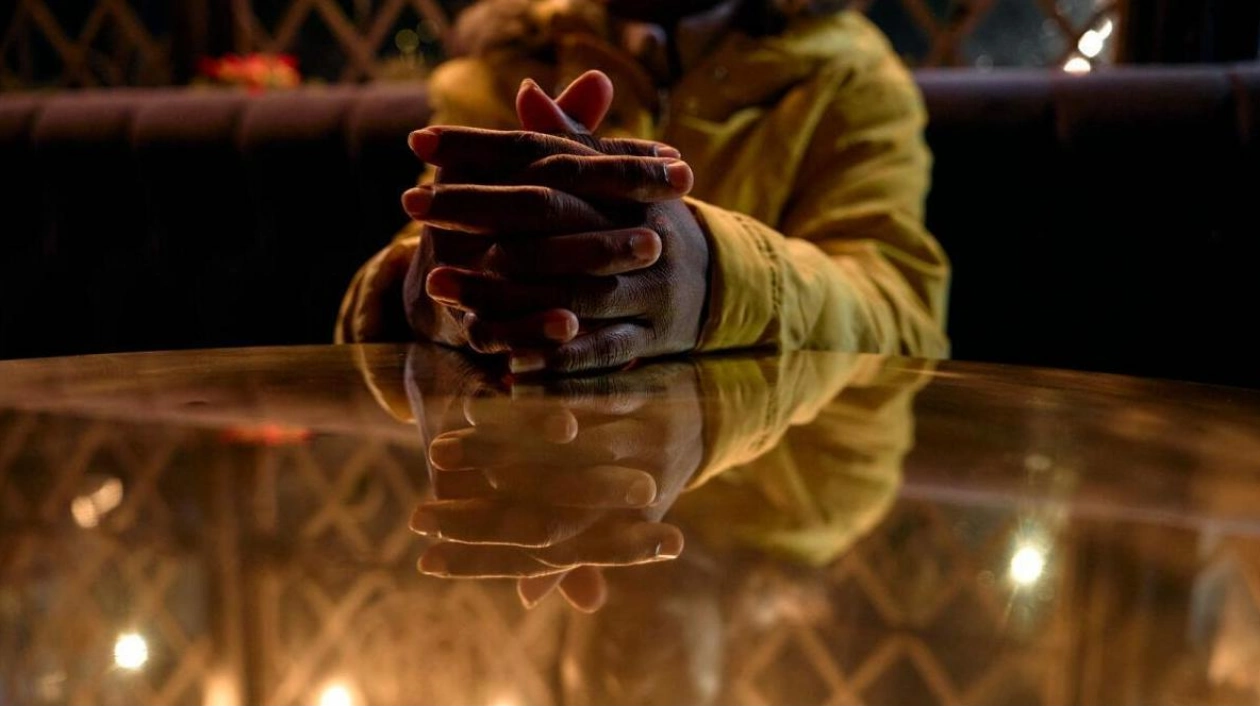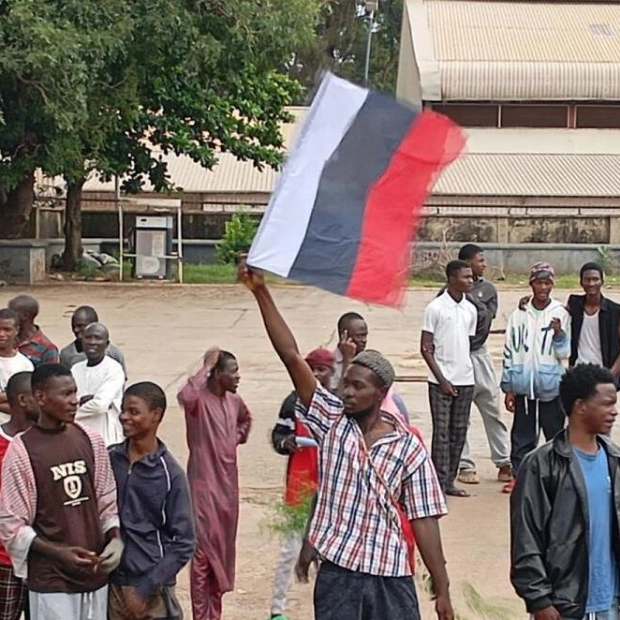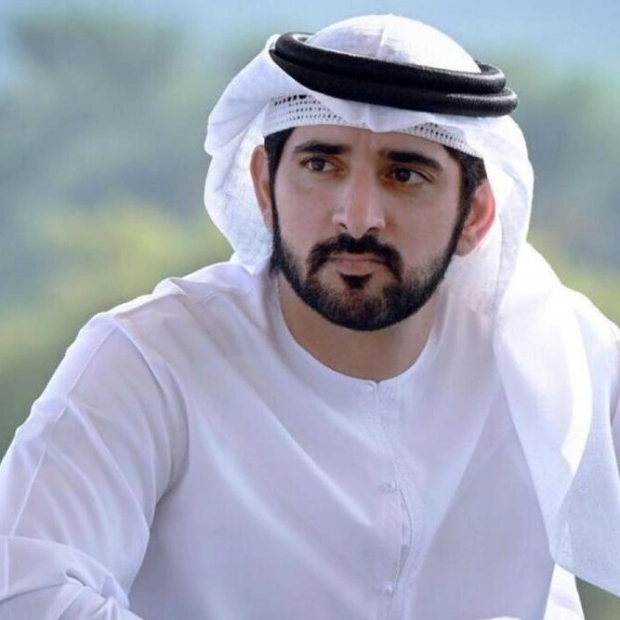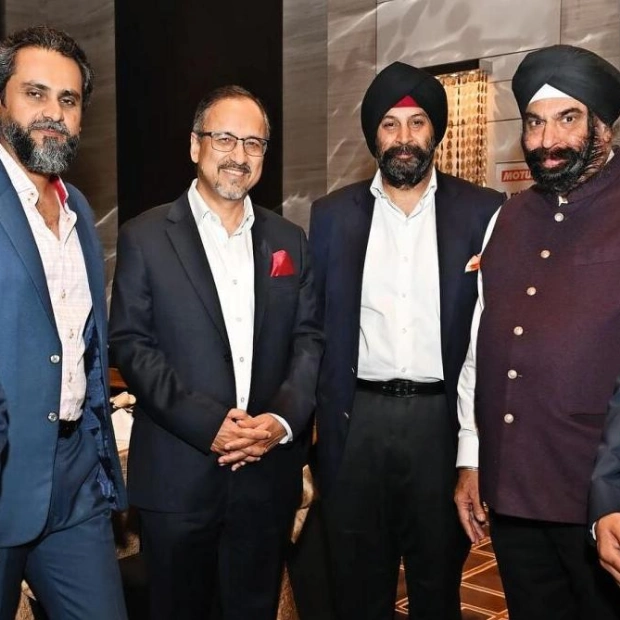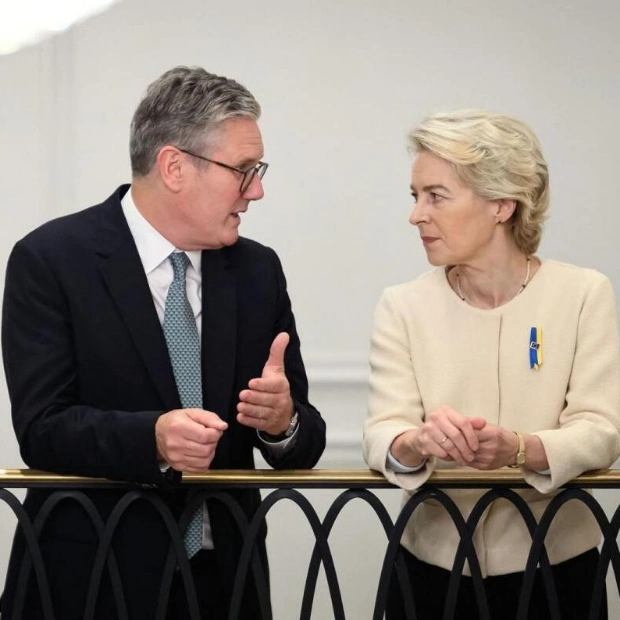Kala, whose name has been changed to protect her identity, is a migrant who was brought to the UK after spending three years stranded on the Chagos Islands, enduring horrific conditions. She spoke to AFP during an interview in the south of London last week.
For three years, Kala and her family were trapped on a remote British-US military base in the Indian Ocean, fleeing persecution at home. They are among over 60 people, including 12 children, mostly Tamils from Sri Lanka and India, who were brought to Britain last week after years of legal limbo. These migrants, rescued from the waters off the Chagos Archipelago, were the first to file asylum claims with London from Diego Garcia, the largest island in the chain.
Kala, whose identity is protected, was initially told she would stay on the base for just two days when she arrived in October 2021. That turned into more than three years. She and her two children were housed with other migrants in a camp the size of a football pitch. The accommodation was controversial from the start, with migrants staging multiple hunger strikes to protest poor conditions, amid reports of sexual assault and harassment.
"We suffered a lot in this camp. Our living places lacked basic facilities," Kala told AFP through an interpreter. "We had to risk our lives to come here in boats. When we were told that we were going to stay in the tents, it was even worse than that."
Their claims were entangled in a complex legal dispute as the islands, renamed the British Indian Ocean Territory (BIOT), are "constitutionally distinct and separate from the UK", according to the government in London. Successive British foreign ministers were reluctant to bring them to the UK, fearing it would open a new immigration route.
"It was an unprecedented and exceptional situation," said Maria Petrova-Collins, a lawyer at Duncan Lewis Solicitors representing some of the migrants. Conditions in the camp were "inhumane", she told AFP. The lawyers faced challenges, including a legal hearing being cancelled at the last minute when they and a British judge were denied access to the US-run military base.
Another migrant, Nishanth (name changed), described the camp as "rat-infested". He showed AFP videos of cramped tarpaulin tents with water seeping through holes, bedsheets hung for privacy, and rats, rodent droppings, and insects. Kala said her children's feet became infected due to lack of proper shoes and they found it hard to sleep at night.
"During their sleep, rats used to go over there, here and there. And when they felt them, they woke up and cried," Kala said. The camp's inhabitants accused security guards of ignoring their complaints. "We informed the authorities. But they did not do anything. They said they would do it. But they don't care," Nishanth said.
Petrova-Collins said many migrants were victims of "ill-treatment and torture" in their home countries. "Unfortunately, the conditions in Diego Garcia and the three years they lived in uncertainty about what was going to happen to them contributed to that trauma," she said. "Some of our clients tried to commit suicide, some of them self-harmed."
In 2023, around five migrants had to be transferred to Rwanda for emergency medical treatment after suicide attempts, and a 2024 safeguarding report from a medical team said the camp was in "complete crisis". "It was the darkest period of our life," said Nishanth, showing scars on his forearm from self-harm.
In October, Britain announced it would hand over sovereignty of the Chagos Islands to Mauritius after a decades-long dispute, but would continue to maintain the Diego Garcia military base. The military facility, leased to the United States, was used by US long-range bombers during the wars in Afghanistan and Iraq. As part of the agreement, Mauritius will take responsibility for any future migrants arriving on the territory.
The Tamil migrants have been granted six months to remain in the UK and file asylum claims. Some were already granted international protection while on Diego Garcia. The Foreign Office said the decision was a "one-off measure". Their arrival marks a "big week for the world of human rights and justice," said Petrova-Collins, who hopes the legal battle "sets a precedent" for future crises to be handled "with more compassion, with more efficiency."
Source link: https://www.khaleejtimes.com
